-
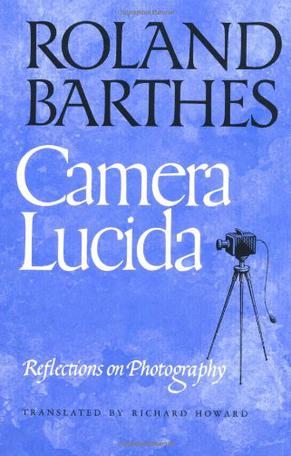
Camera Lucida
-
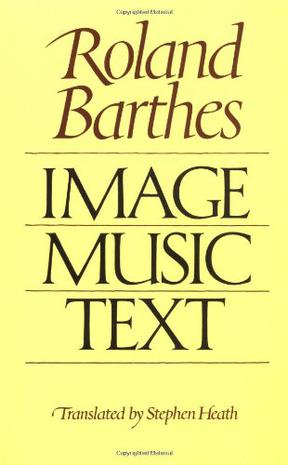
Image-Music-Text
These essays, as selected and translated by Stephen Heath, are among the finest writings Barthes ever published on film and photography, and on the phenomena of sound and image. The classic pieces "Introduction to the Structural Analysis of Narrative" and "The Death of the Author" are also included. -

符号学历险
《符号学历险》是作者故世后,由其好友哲学家兼专职编辑弗朗索瓦·瓦尔选编的。这部选集不仅内容较为丰富全面,而且编造精当,便于读者系统地把握作者的思想,所以在1985年出版后相当流行,并被译成多种文字。 这部选编实际上包括两大部分内容:叙事符号学的原理和实践,以及根据符号学方法对历史思想和现代文化进行的意义构成分析(包括古典修辞学史的构成分析)。 《符号学历险》各篇均为作者讲稿辑录,显示出师生对话的文体和风格。换言之,讲演者作为结构主义“作者”,甚至于是通过讲述过程来呈现其本人思想探索历程的,其讲课过程,也即思想创造过程,也就自然流露出任何精神创造初始阶段中所含有的探索性或“冒险性”(指对传统、主流、权威的批评和违离部分)。 -
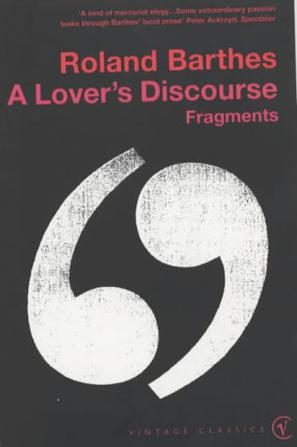
A Lover's Discourse
The language we use when we are in love is not a language we speak, for it is addressed to ourselves and to our imaginary beloved. It is a language of solitude, of mythology, of what Barthes calls an 'image repertoire'. This book revives beyond the psychological or clinical enterprises which have characterised such researches in our culture - the notion of the amorous subject. It will be enjoyed and understood by two groups of readers: those who have been in love (Or think they have, which is the same thing), and those who have never been in love (or think they have not, which is the same thing). This book might be considered, in its restless search for authorities and examples, which range from Nietzsche to Zen, from Ruysbroek to Debussy, an encyclopaedia of that affirmative discourse which is the lover's. -
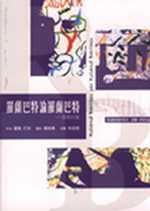
羅蘭巴特論羅蘭巴特
-
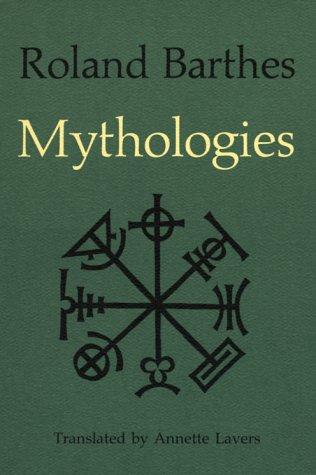
Mythologies
"[Mythologies] illustrates the beautiful generosity of Barthes's progressive interest in the meaning (his word is signification) of practically everything around him, not only the books and paintings of high art, but also the slogans, trivia, toys, food, and popular rituals (cruises, striptease, eating, wrestling matches) of contemporary life . . . For Barthes, words and objects have in common the organized capacity to say something; at the same time, since they are signs, words and objects have the bad faith always to appear natural to their consumer, as if what they say is eternal, true, necessary, instead of arbitrary, made, contingent. Mythologies finds Barthes revealing the fashioned systems of ideas that make it possible, for example, for 'Einstein's brain' to stand for, be the myth of, 'a genius so lacking in magic that one speaks about his thought as a functional labor analogous to the mechanical making of sausages.' Each of the little essays in this book wrenches a definition out of a common but constructed object, making the object speak its hidden, but ever-so-present, reservoir of manufactured sense."--Edward W. Said This text refers to the Paperback edition.